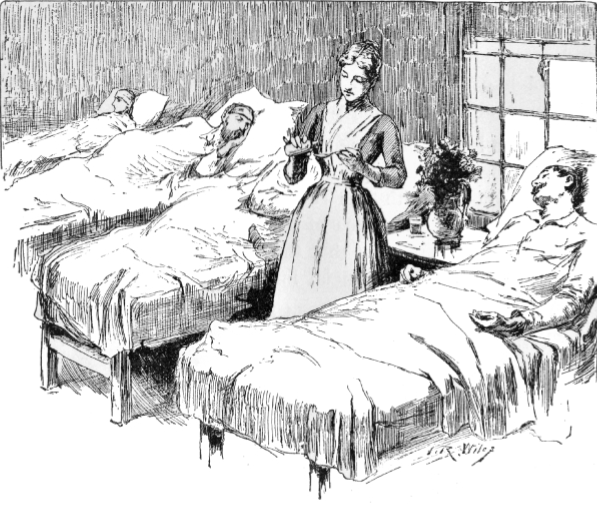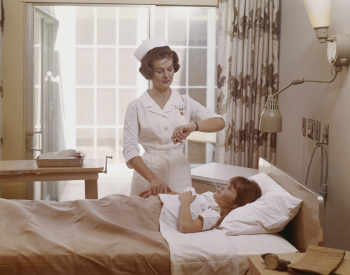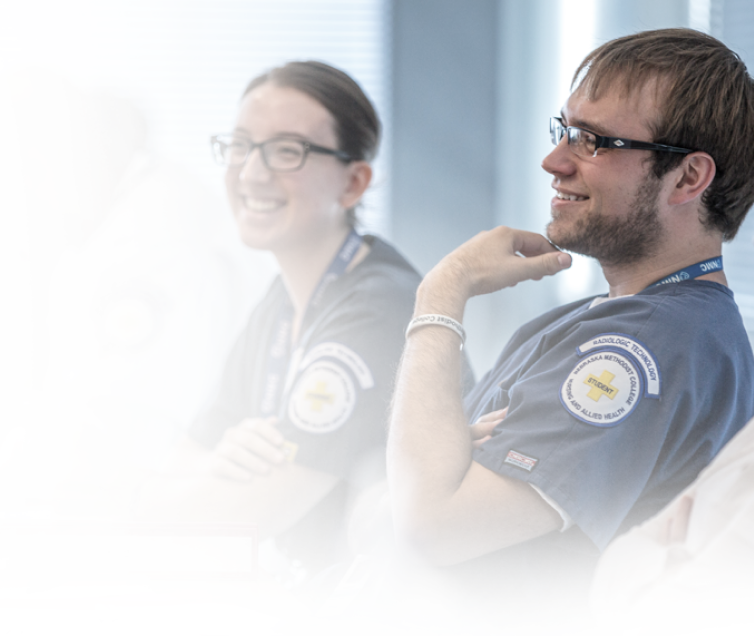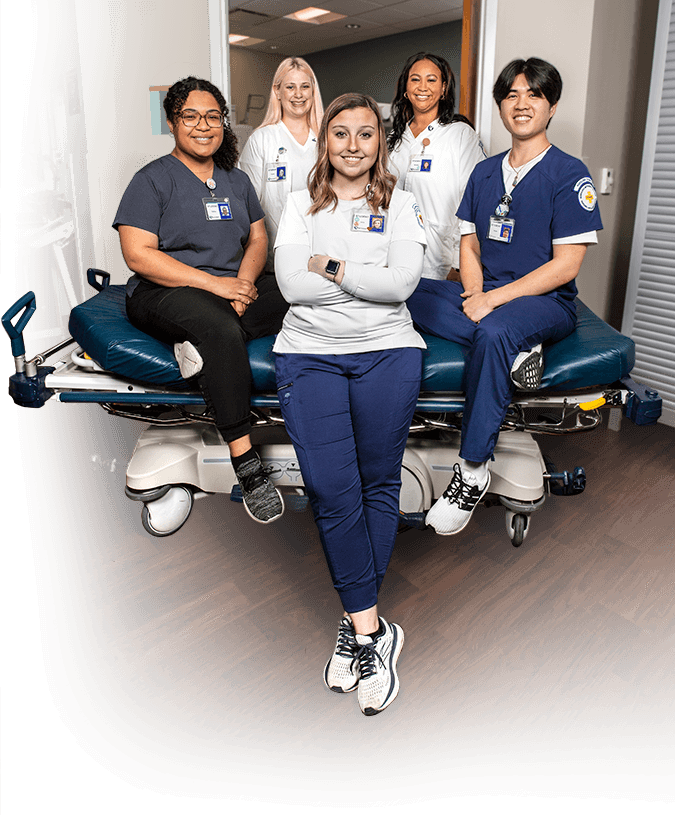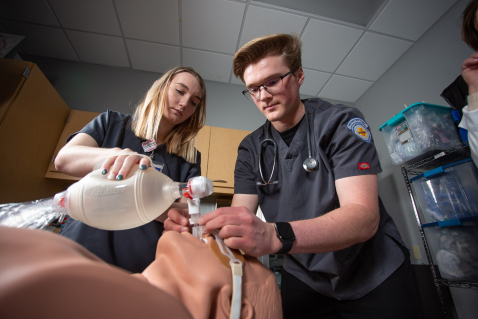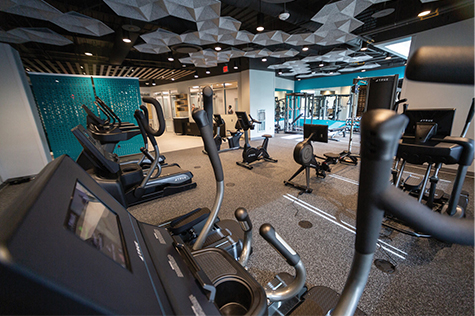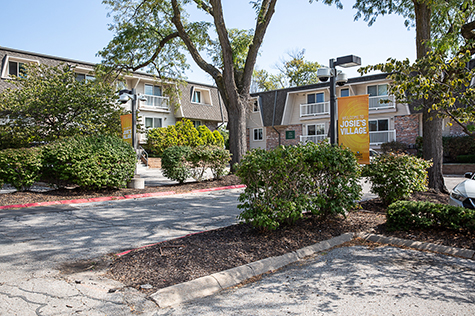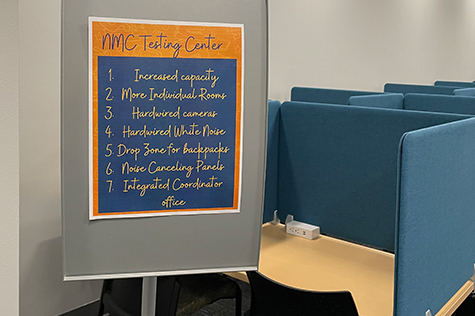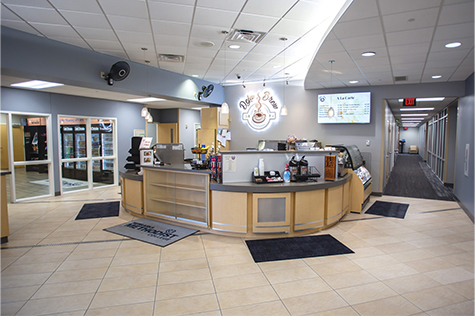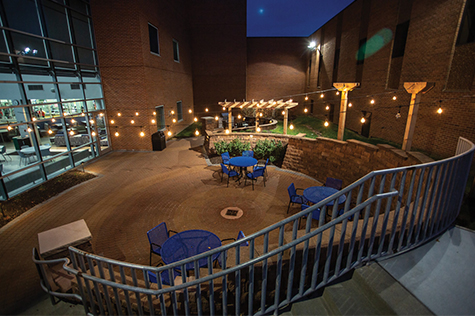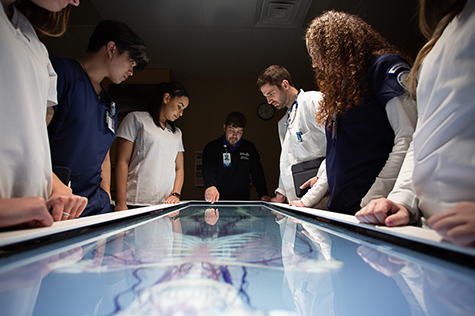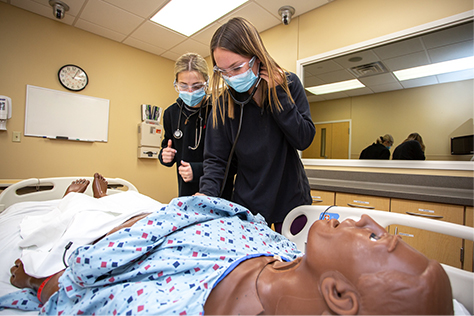Have you thought about a career in healthcare, but you’re not sure if it’s the right choice?
Healthcare professionals are more critical now than ever before. Registered nurses, respiratory therapists, hospital administrators, certified nursing assistants, nurse educators, public health directors and more are imperative to the health and well-being of communities.
There is an abundance of job opportunities in healthcare, but it’s also a rewarding and meaningful career that allows you to make an impact on people’s lives.

